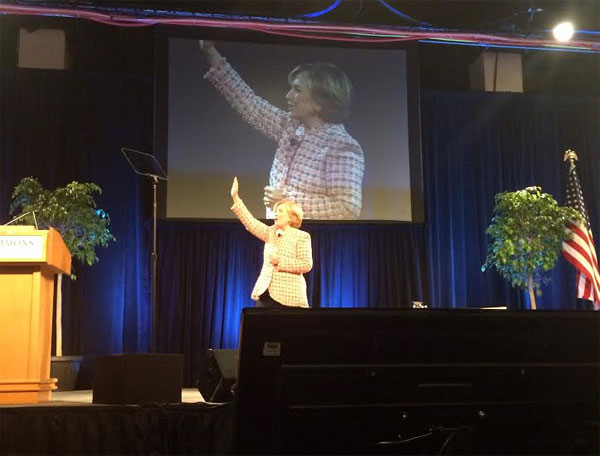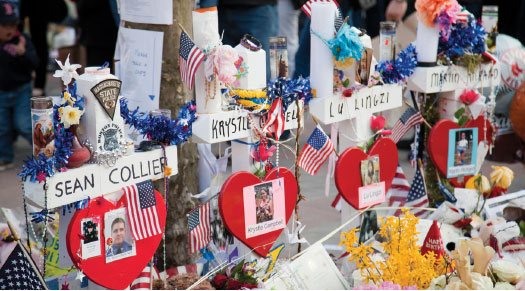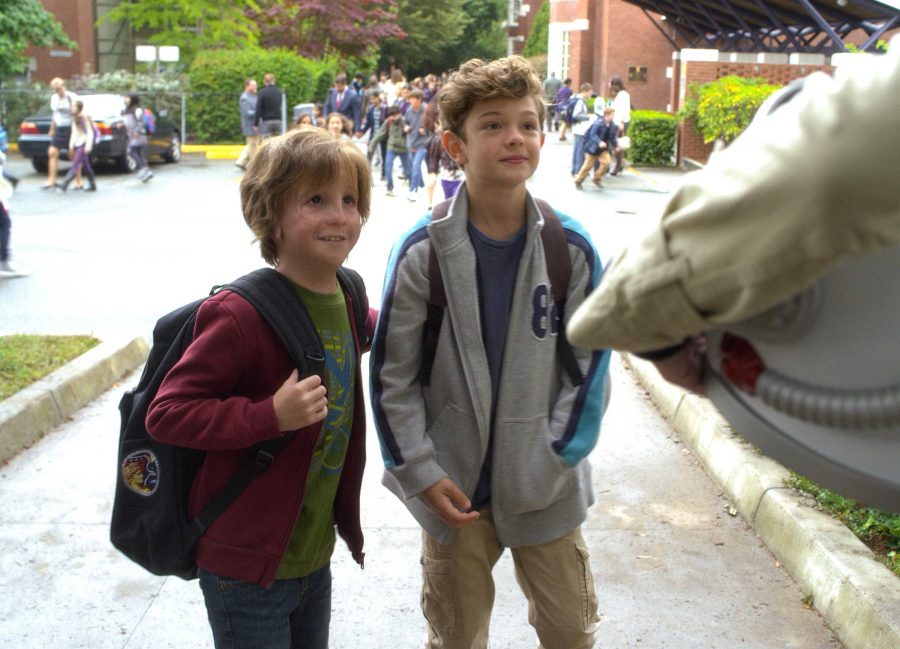By Margaret Teague
Staff Writer
Ambassador Robin L. Raphel gave the lecture, “Dangerous Relationships: The United States, Pakistan and Afghanistan,” in a filled LKP on Nov. 19 from 5 to 7 p.m.
Ambassador Raphel is the senior advisor for Pakistan to the Special Representative for Afghanistan and Pakistan in the Department of State. Until recently, she oversaw all U.S. non-military assistance to Pakistan, one of the largest and most fragile foreign aid programs today.
From 2009 to 2011 she led the interagency effort for increased U.S. civilian assistance effort in Pakistan.
“I saw posters around school a few weeks ago, so I was automatically interested. I like talking about news and world politics,” said first-year student Amal Saeed.
Simmons Professor Mark Bellamy, the U.S. ambassador to Kenya from 2003 to 2006, presented Raphel.
The ambassador gave many statistics.
“Pakistan’s involvement with nuclear weapons has made civilian issues take a hit,” she said.
A Muslim democracy with 180 million inhabitants, Pakistan is the fifth most populated country in the world. It also has the seventh largest army in the world, the country’s strongest institution by far.
The crowd listened intently as Ambassador Raphel spoke.
The ambassador ended on a positive note.
“If Pakistan had better education, health care and continued international support, they could really soar.”
After speaking for nearly an hour, questions were taken.
Most people began with saying what a privilege and honor it was to have the ambassador speak at Simmons.
Then Saeed asked a question that took many by surprise.
“If Pakistan and the U.S. want better relations, why is the U.S. throwing drone strikes against Pakistan? They haven’t been hitting the right people. How can you mistake civilians for terrorists?”
Silence and tension fell over the room.
The student was referring to the death of a 67-year-old Pakistani grandmother on Oct. 24, 2012 as the result of a U.S. drone strike.
Eight members of the elderly woman’s family were wounded in the attack, which her two sons described to Democracy NOW.
“The house shook and the dust flew. Then five minutes later it came again. When I saw her sandal, I knew that she had died,” said one son. “My family has been destroyed since my mother was killed.”
Ambassador Raphel nodded at first without saying a word. She responded, but gave no real answer.
“I appreciate your question,” she repeated several times.
Soon a woman tapped the young student on the back of the shoulder, most likely asking her to step off the microphone.
“She didn’t really answer my question, but I understand,” said Saeed.
“The United States has never acknowledged killing her or any other drone strike victims in Pakistan, always claiming that it is militants locked in the crosshairs,” said Democracy NOW.
When the night had ended President Helen Drinan approached Saeed and put her arm around her.
“I’m proud of your question,” she said.
Several people approached the student to congratulate her on her bravery.
“I absolutely loved tonight,” said Drinan. “It’s a complicated issue of the world. We don’t understand these issues any more than the Palestinians do”.
“It’s highly emotional, and that needs to be recognized,” she said in regards to the student’s question.
Ambassador Raphel served as the Assistant Secretary of State for South Asia and one of the State Department’s leading experts on Pakistan and southwest Asia. She was the senior vice president of the National Defense University in Washington, a senior adviser to the first post-war civilian government of Iraq, and a U.S. Ambassador to Tunisia in the late 1990s.
In early 2003 she was deployed to Iraq with the first wave of civilians, serving as the senior advisor to the Ministry of Trade. She later became Deputy Special Inspector General for Iraq Reconstruction.









